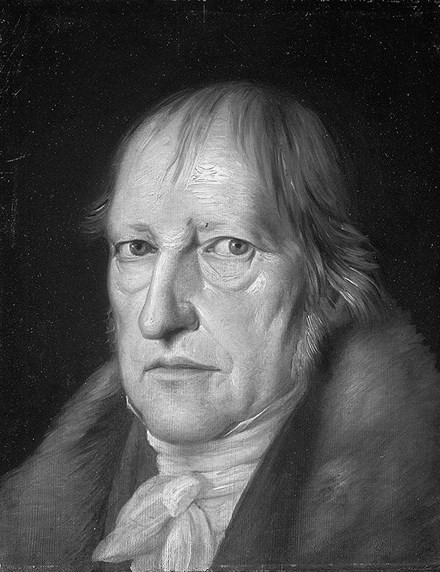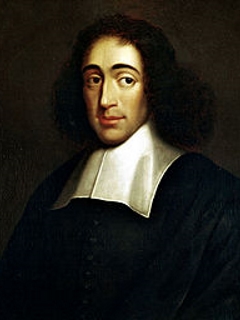

"Absolute" and "consummate"
religion the foundations of Hegel's comparison of Christianity and the non-christian religions in his philosophy of history
pp. 39-71
in: John Walker (ed), Thought and faith in the philosophy of Hegel, Berlin, Springer, 1991Abstract
The present paper arose from a short contribution to a discussion concerning Hegel's apparently dilemmatic use of the terms "absolute" and "consummate" religion. In the course of this discussion it soon became clear that Hegel's own distinctive philosophico-theological conception (as first projected in Frankfurt with decidedly Spinozan characteristics and subsequently maintained by Hegel in all essentials) is difficult for us to grasp today in terms of his original intentions and generally seems to be ignored in standard interpretations of his thought. In many respects contemporary Hegel reception appears to have fallen back on all those popular pictorial conceptions and ideas which the tradition of Christian apologetics has instilled into the various religious confessions, although it was just such unreflected theologoumena which Hegel believed himself to hae overcome. And when the modern theological debate concerning the essential meaning of kerygmatics in our time appeals to Hegel's work for support, as if Hegel were some kind of Church Father for the modern age, then what Hegel really intended to say has not only been obscured, but has actually been unwittingly transformed into its opposite.



